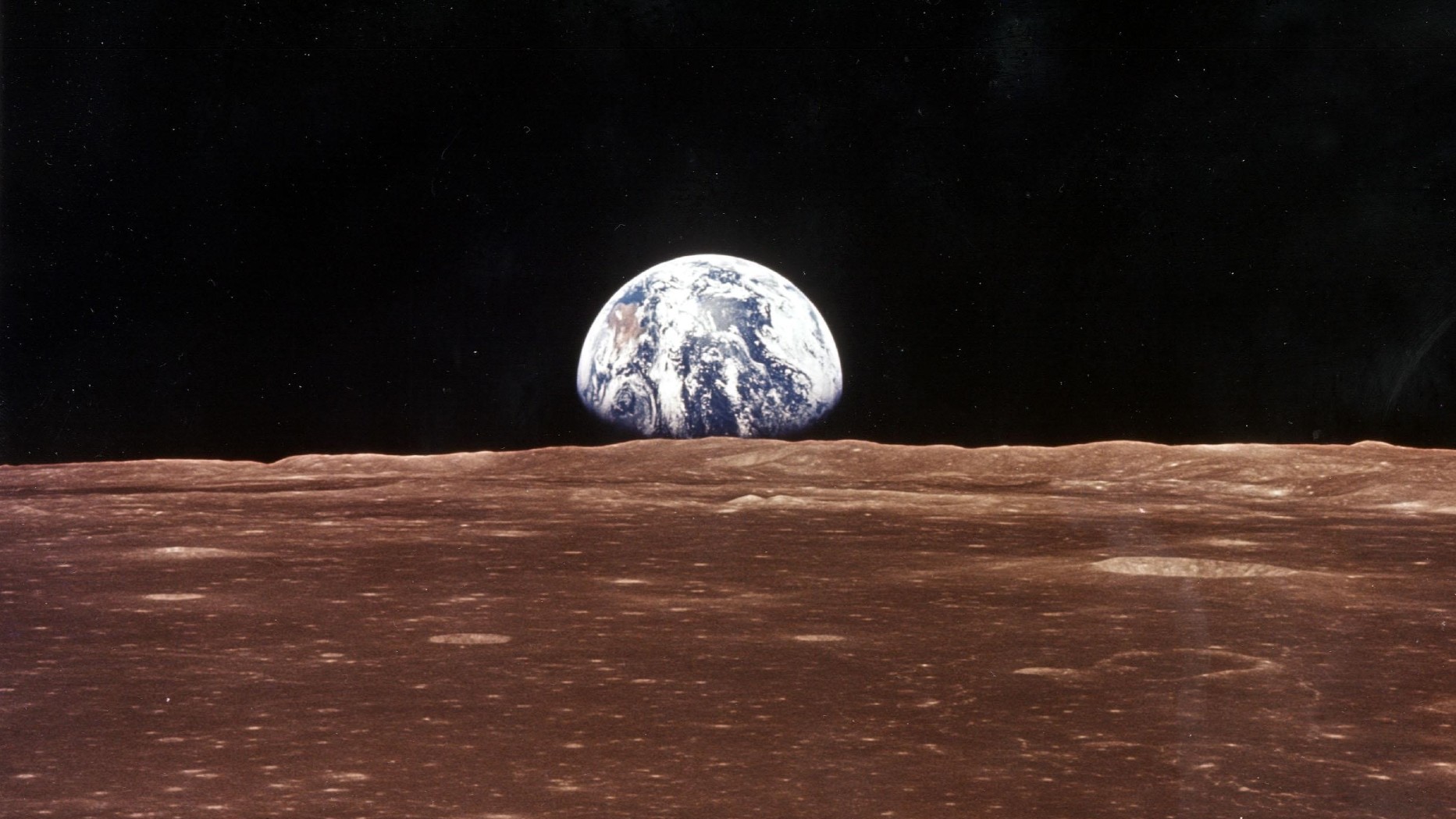Astronauts can no longer commit crimes on the moon, Canada decrees
A strange new budget measure cuts down on space crime.

Space may be the final frontier, but the good people of Canada aim to tame that frontier with law and order.
Last week, the Canadian Parliament proposed a measure that will, essentially, make it illegal for Canadian astronauts to commit crimes on the moon, or while in orbit. The measure, which was tucked partway through the Canadian government's 2022 federal budget implementation bill, and was presented to Parliament on April 28, reads:
"A Canadian crew member who, during a space flight, commits an act or omission outside Canada that if committed in Canada would constitute an indictable offense is deemed to have committed that act or omission in Canada."
The bill later adds that the same is true for crimes committed "on the surface of the moon."
In other words, if you're a Canadian who commits a crime in space, you will be prosecuted like any other Earth-bound Canadian.
While this measure will no doubt come as a blow to astronauts who hoped to, say, drive a lunar rover over the speed limit, the law isn't coming out of nowhere. Canada recently joined NASA, the European Space Agency (ESA) and the Japan Aerospace Exploration Agency as members of the Lunar Gateway project — a mission to launch a small, international space station into orbit around the moon, in order to support lunar surface operations such as the upcoming Artemis mission. Presumably, this new measure will help keep Canada's astronauts on their best behavior.
This measure would codify in Canada a legal framework that is already observed aboard the International Space Station (ISS).
Sign up for the Live Science daily newsletter now
Get the world’s most fascinating discoveries delivered straight to your inbox.
"The basic rule is that 'each partner shall retain jurisdiction and control over the elements it registers and over personnel in or on the Space Station who are its nationals," according to the ESA. "This legal regime recognizes the jurisdiction of the Partner States's courts and allows the application of national laws in such areas as criminal matters, liability issues, and protection of intellectual property rights."
In other words, a Russian who breaks a law in space is subject to Russia's law, an American to U.S. law, and so forth.
That legal framework has already been put to the test. In 2019, American astronaut Anne McClain was accused of committing the first crime in space. During her stay aboard the ISS from December 2018 to June 2019, McClain was accused of using a NASA-affiliated computer to illegally sign into her ex-spouse's personal bank accounts.
NASA defended the astronaut's reputation before launching an investigation into the incident — ultimately finding that the claims against McClain were false. (McClain's ex-wife, who filed the accusations, was later charged with two counts of making false statements to federal authorities, according to NBC News.)
The Lunar Gateway mission is expected to launch sometime in the 2020s, according to Live Science sister site Space.com.
Originally published on Live Science.

Brandon is the space/physics editor at Live Science. His writing has appeared in The Washington Post, Reader's Digest, CBS.com, the Richard Dawkins Foundation website and other outlets. He holds a bachelor's degree in creative writing from the University of Arizona, with minors in journalism and media arts. He enjoys writing most about space, geoscience and the mysteries of the universe.









